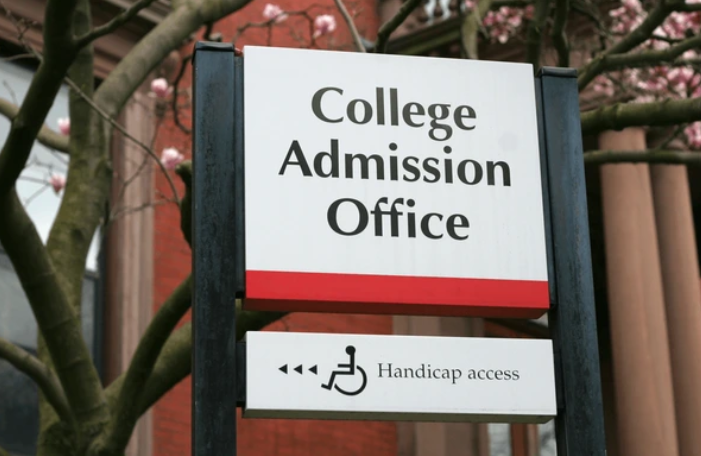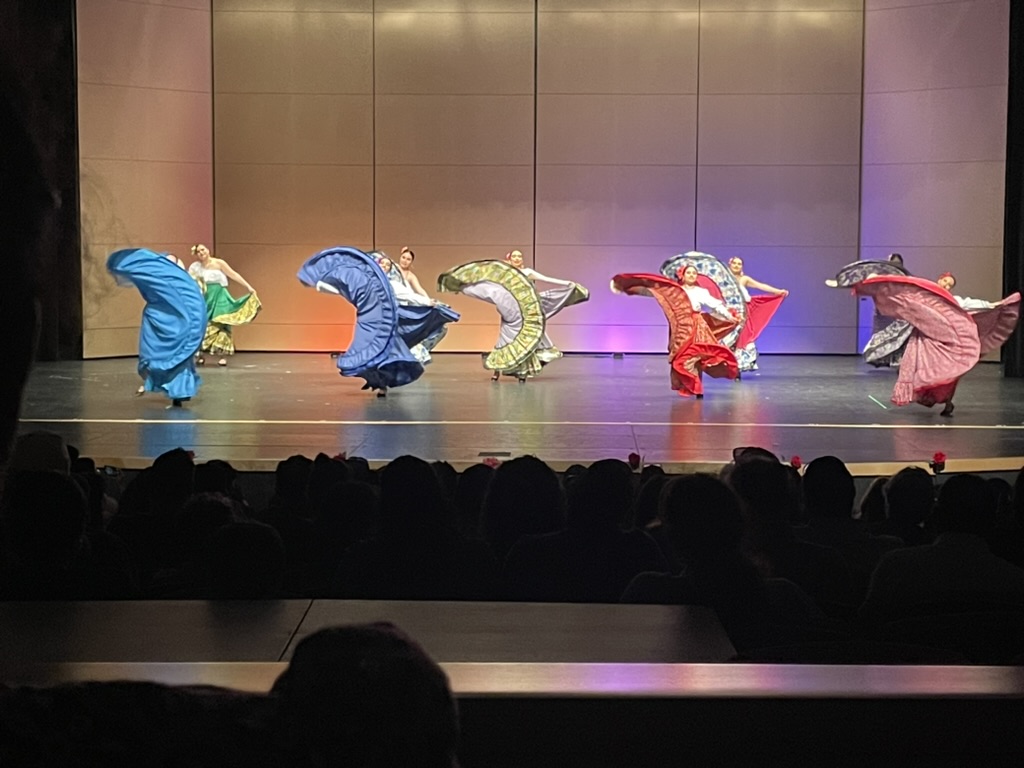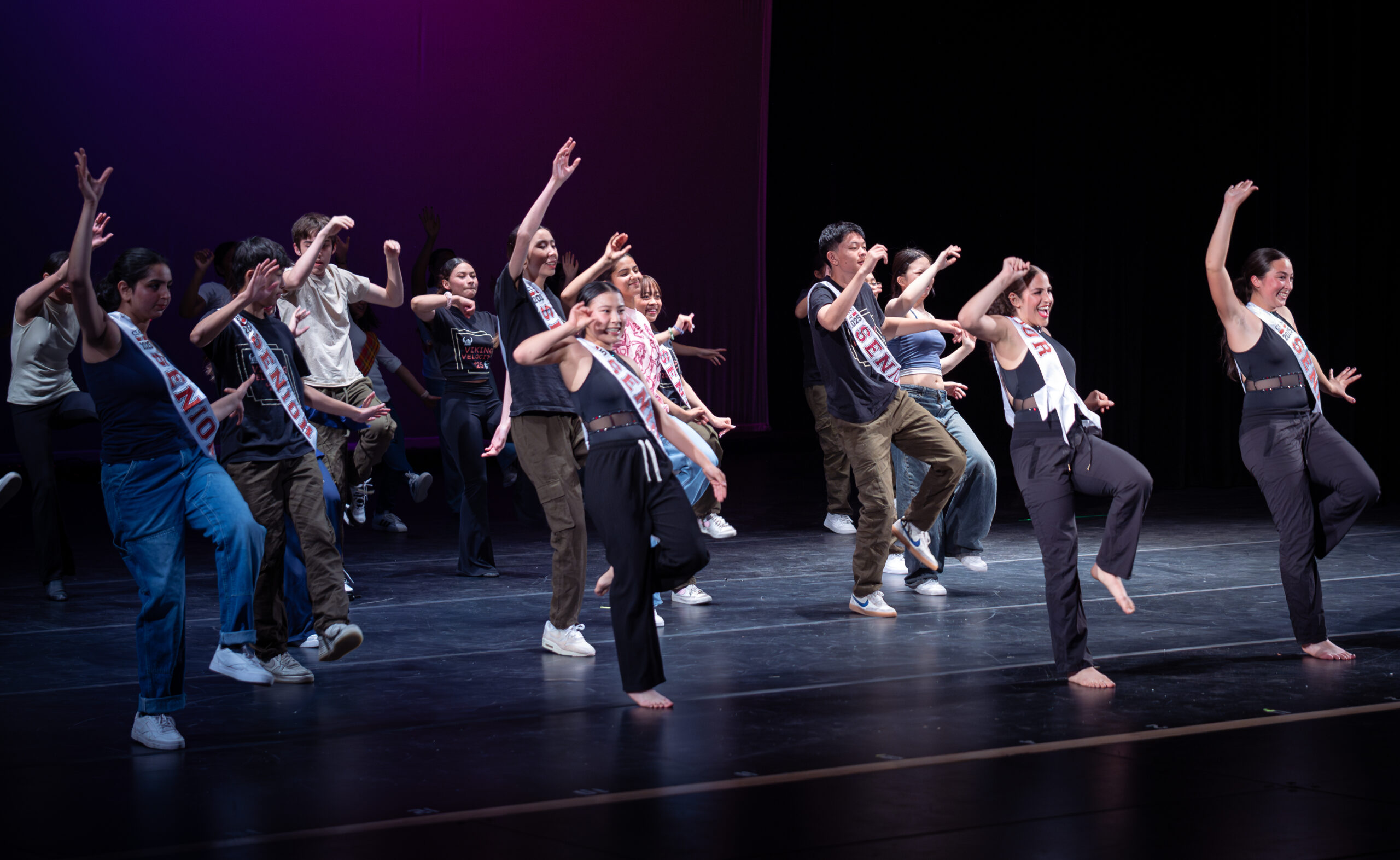
By Center Spread Editor, Abigail Chai
From a seemingly endless pile of essays to complete to the desperate scramble for letters of recommendation, there are various steps of the college admissions process that seniors across the country attempt to perfect each year. However, there’s one factor of the admissions journey that is out of all students’ control: their legacy status.
Dating all the way back to the 1920s, “legacy preferences”- which give those related to past alumni of a university (e.g. parents or siblings) an advantage over other prospective students in application reviews- have become a principle for many elite colleges in the nation. However, despite now being a standard custom for various schools, it remains a topic that exasperates families and students each year. Frequently deemed unfair, many are led to question the usefulness and justness of considering applicants’ legacy status in college admissions.
One Mills senior expressed discontent with the practice, sharing, “It doesn’t show that the person who got in really deserved it.”; perceiving the consideration as an ultimately unreliable factor of colleges’ criteria for students. A belief held by most who oppose legacy admissions, there’s a strong sense of bias in what many people deem this “birth-given” privilege granted by colleges.
Nonetheless, some students are more neutral regarding the controversial matter, with senior Matthew Situ being one of them. While he didn’t entirely agree that legacy should be the deciding factor in admitting students, he acknowledged that as private institutions, universities have free will in how they choose to assess their applicants.
“(Legacy admissions) are done by private schools who are not funded by the government,” he stated. “So I think they’re free to accept these kids however they like.”
To many Californian families’ relief, though, on September 30, 2024, Governor Gavin Newsom signed Assembly Bill 1780, definitively prohibiting legacy admissions and donor preferences in the state’s independent higher education institutions. The bill, which will go into effect starting September 2025, makes California just one of many states to recently outlaw the contentious practice that has inflamed private universities and colleges.
However, while the wave of government opposition towards legacy admissions only grows, many colleges continue to support the custom as it’s seen as an essential part of preserving their reputation and community. As legacy students are often more likely to enroll once admitted, this allows schools to not just maintain connections with past alumni who can continue making important contributions to the campus (whether through financial or cultural means) but also increase their yield rates, an attribute which often indicates a university’s high prestige and desirability.
Aside from serving as a way for colleges to uphold their distinguished status, many also simply see the concept of legacy as a charming tradition. For instance, social sciences teacher Mr. Lira finds a somewhat endearing element in legacy students, expressing that when alumni’ kids go to the same college, “there’s that special feeling that there’s some sort of belonging to the school.”







